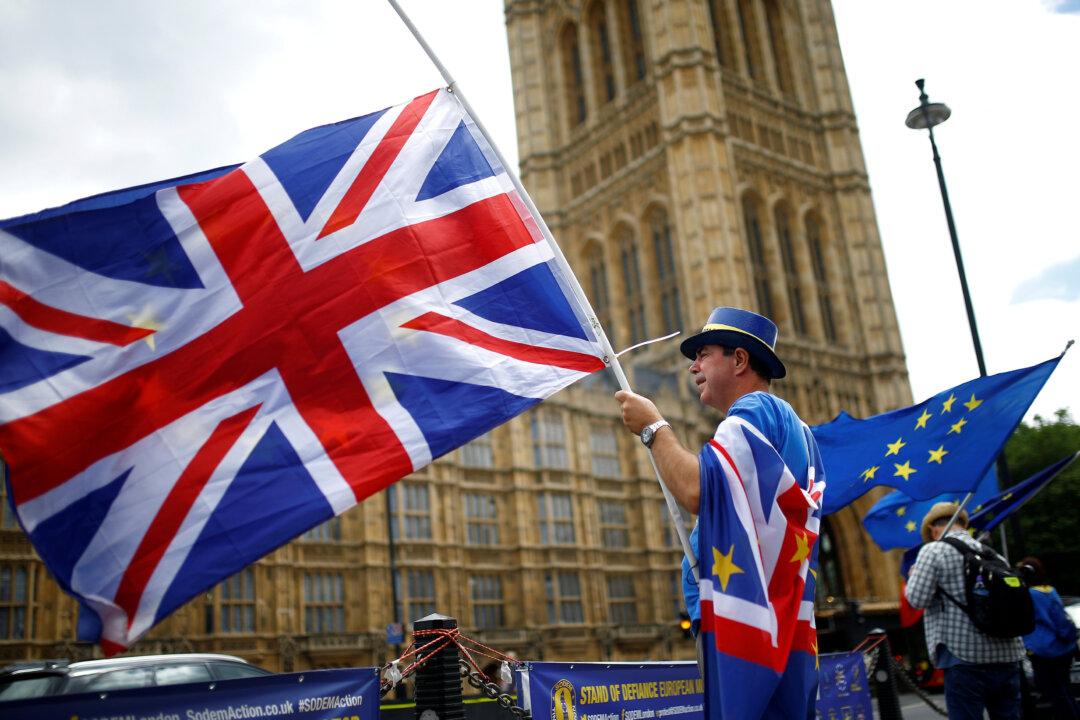What’s actually driving your vote? As the General Election approaches, psychologists and scientists say that it’s not as obvious or as rational as you may think.
Our final choice could simply be linked to a gut feeling, to our mood or how well the politician’s aide has framed the debate.
In the words of Dr Tereza Capelos, a political psychologist at the University of Birmingham: “When it comes to our leaders, it comes to a very basic gut question: how much do you trust that person? Do you trust them in your heart and in your gut?”
But the answers to these questions are increasingly difficult to answer, she said, so people are looking for different things to go by.
Identifying with a Political Party
Having a strong identification with a particular party can be likened to supporting a football team, according to John Curtice, professor of politics at Strathclyde University.
“People who follow a football club, they‘ll follow it out of loyalty, they’ll follow it even if it gets relegated out of the Premier division … it becomes part of their sense of self-identity. Where do they get this from? A major source is family,” he said.
But in the political arena, times have changed. In the past 50 years, the proportion of people who strongly identify with one party has become weaker, he says.
“We’ve seen the rise and fall of UKIP, the rise and fall of the Liberal Democrats. It underlines that perspective. Voters can be shifted one way or another quite a lot in a short space of time,” he said.
Dr Peter Bull, a psychologist at the University of York, said: “There are a lot more people who don’t have strong identifications for a particular party. Of course you’ve got a lot more parties now, which changes the situation. So I think people are more susceptible to short-term influences.”
Political Slogans
Political strap lines play a crucial part in swaying people’s votes, said Curtice. The Leave campaign’s “Take back control” was a “superb” example of this, he said.
“Take back control over the UK’s sovereignty, take back control over immigration, take back control over the economy … there’s something that speaks, that conveys what you’re trying to say very simply and also feeds into people’s sense of disorientation,” said Curtice.
“Creating that kind of narrative is crucial, and that’s part of the art of leadership,” he said.
Brexit, the NHS, and the Economy
“The economist’s interpretation of voting behaviour would argue above all voters vote for the party they think is best able to manage the economy,” said Curtice.
Research from the Ipsos MORI/Economist Index in April found that, perhaps unsurprisingly, Brexit and the NHS are joint top concerns in Britons’ minds, followed by immigration, the economy, and education.
“If they don’t like the leader, they may consider an alternative option that might be more aligned with their issue preference,” said Capelos.
But she added: “Usually what we find is that people don’t vote on the basis of their very deliberate choices, or rationalisation, the things that they tell us they will vote on.”
Emotions
Our emotional state can affect how we vote, and certain emotions might make us seek out more information on the candidates.
“In a state of anger, we are likely to dismiss information that is not aligned with what we already know ... Whereas if we are in a state of anxiety we try to find more information to calm our anxieties,” explained Capelos.
“It doesn’t really apply to politics, it applies to everything,” she added.
While feelings of hope and happiness are linked to action and the desire to do things, sadness and lack of hope is linked with inaction and could lead to not exercising the right to vote.
The Day of the Vote
“Even something like the weather could be an important issue. There are short-term factors that could change the issue. The fear of many politicians is that something absolutely blows up at the last minute,” said Bull.
“If it’s wet and miserable people are less inclined to go out and vote,” he said.
But Curtice disagrees that the weather affects voter turnout. “Unless it’s a hurricane or a blizzard, the answer to that question is: no.”
What values concern you the most when choosing who to vote for?
Epoch Times asked people’s views on the streets of London.






